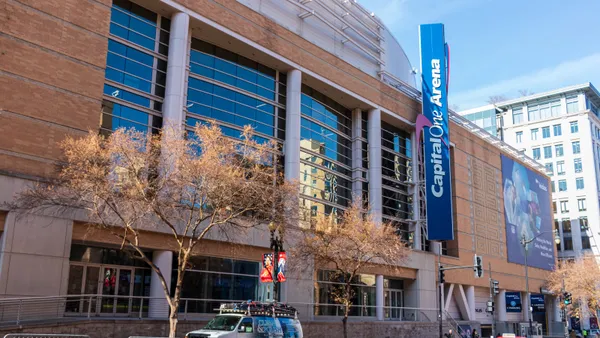Dive Brief:
-
U.S. Housing and Urban Development Secretary Julián Castro announced the Federal Housing Administration will cut the annual premiums most borrowers will pay by a quarter of a percent, dropping them to 0.60 from 0.85 for most new mortgages with a closing date on or after Jan. 27.
-
The new rates are forecast to save new FHA-insured homeowners an average of $500 this year.
-
Castro said the move by the FHA reflects four consecutive years of improved economic health of FHA's Mutual Mortgage Insurance Fund (MMIF), which gained $44 billion in value since 2012, and comes at the right time for consumers who are facing higher credit costs as mortgage interest rates are increasing.
Dive Insight:
The move by the FHA to reduce annual insurance premiums has been welcomed by many housing industry participants as the high cost of mortgage insurance is one of several barriers keeping younger, first-time buyers and lower-income borrowers on the sidelines of the homeownership market.
National Association of Home Builders Chairman Ed Brady noted that the new premium structure unveiled by the FHA will also help "to ease stubbornly tight credit conditions in the mortgage market."
National Association of Realtors president William E. Brown also hailed the decision, but called on the FHA to scrap its "life of loan" mortgage insurance requirement, which forces borrowers to maintain mortgage insurance on an FHA-insured property regardless of their equity position.
Housing advocates note that FHA mortgages are particularly important for low- and moderate-income buyers because a lower down payment is required compared to many conventional mortgages.
The move by the FHA comes as concerns grow over the potential impact of rising mortgage rates on the homeownership market this year as a supply shortage is expected to keep prices elevated, widening the affordability gap.
A report from Black Knight Financial Services in December found that U.S. homes are less affordable now than they were before the general election as mortgage interest rates have risen about 50-basis points since Nov. 8.














